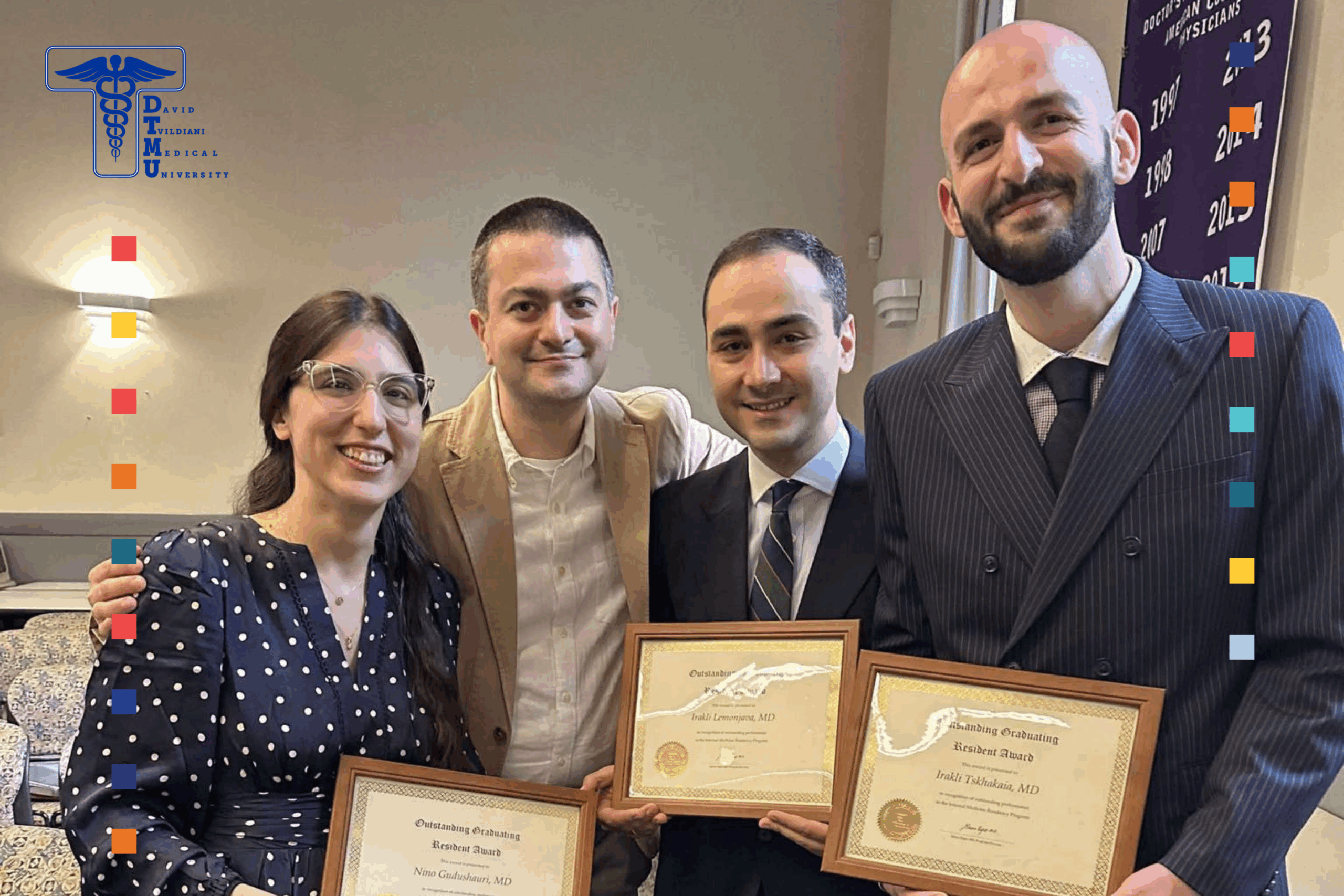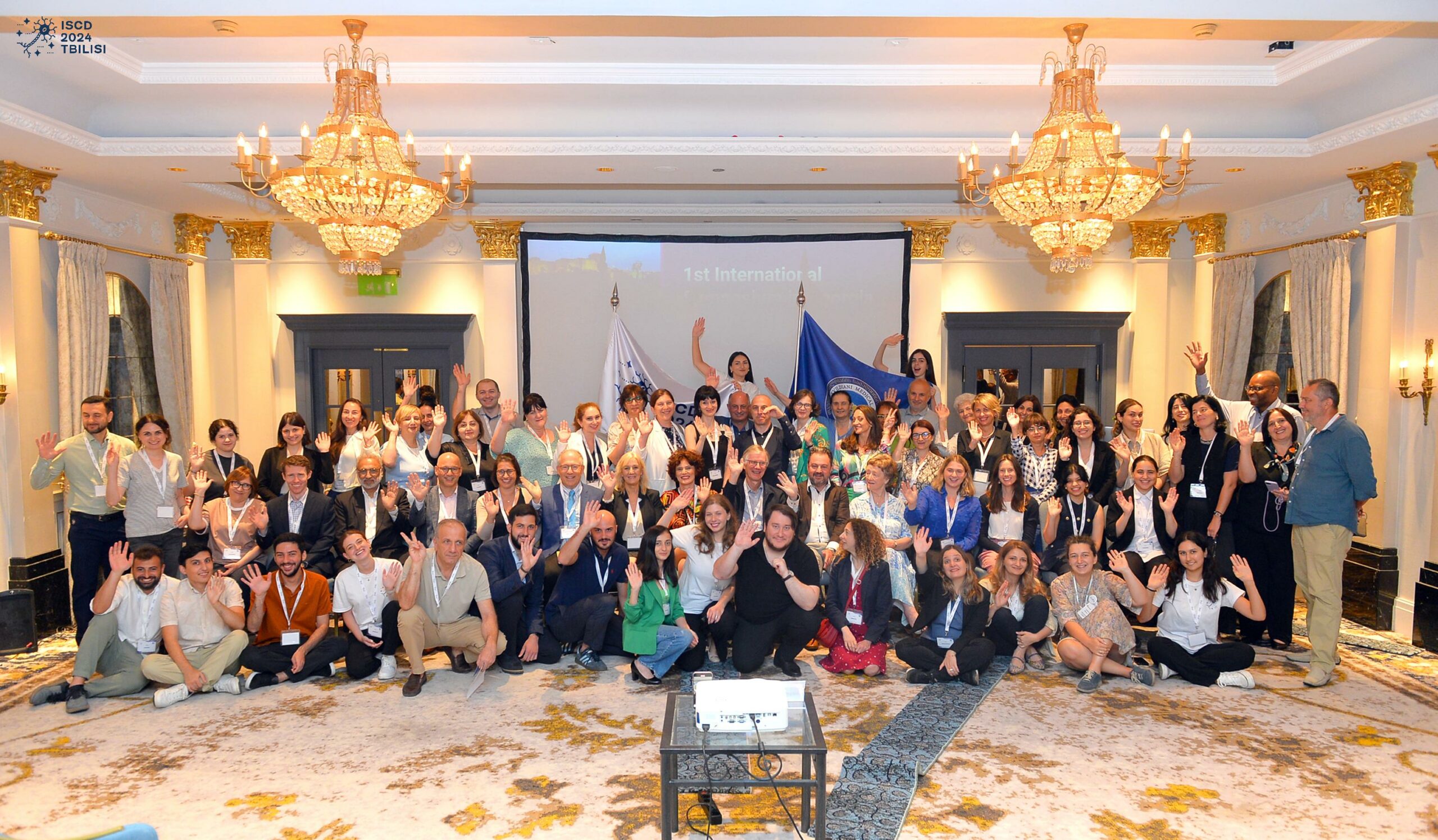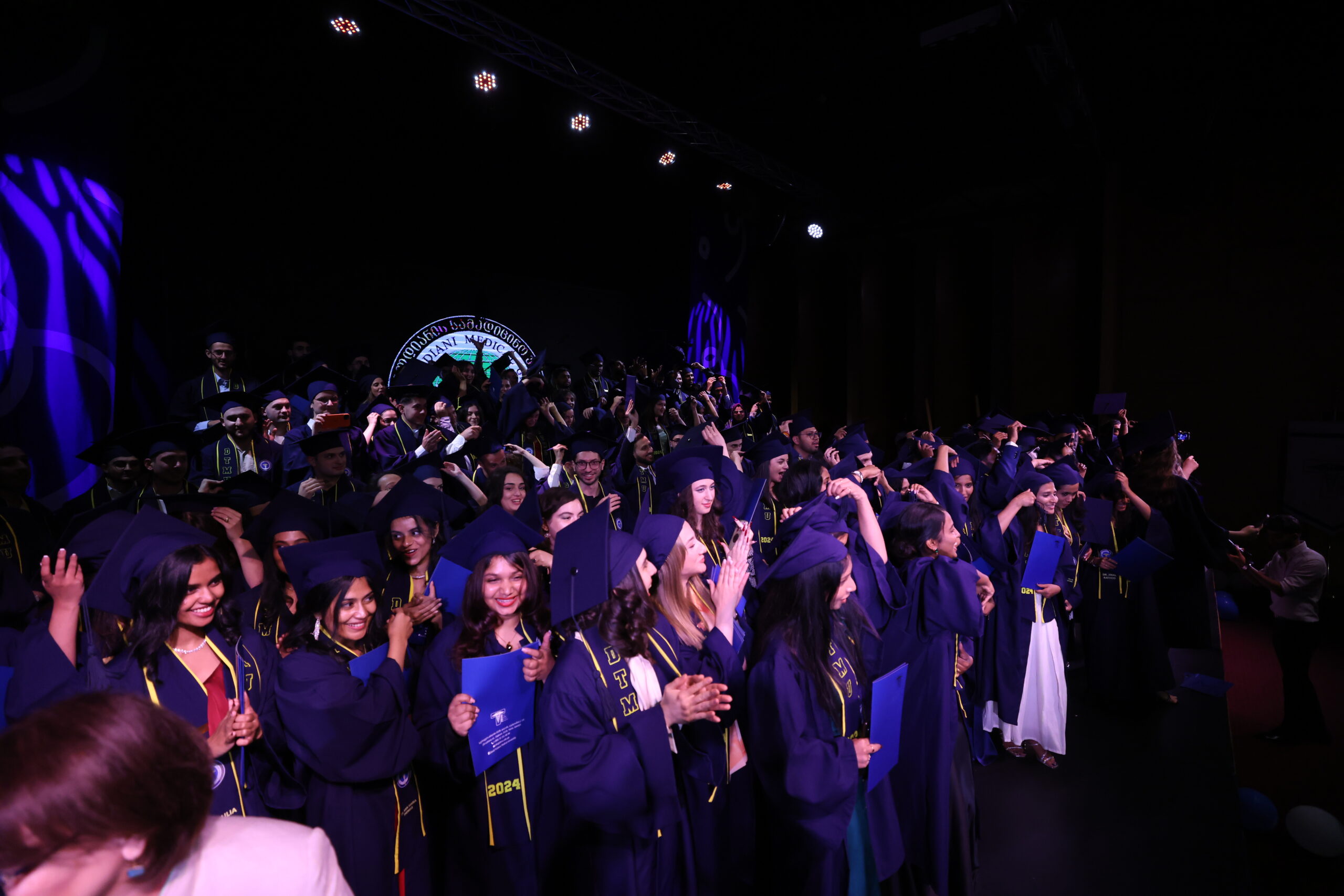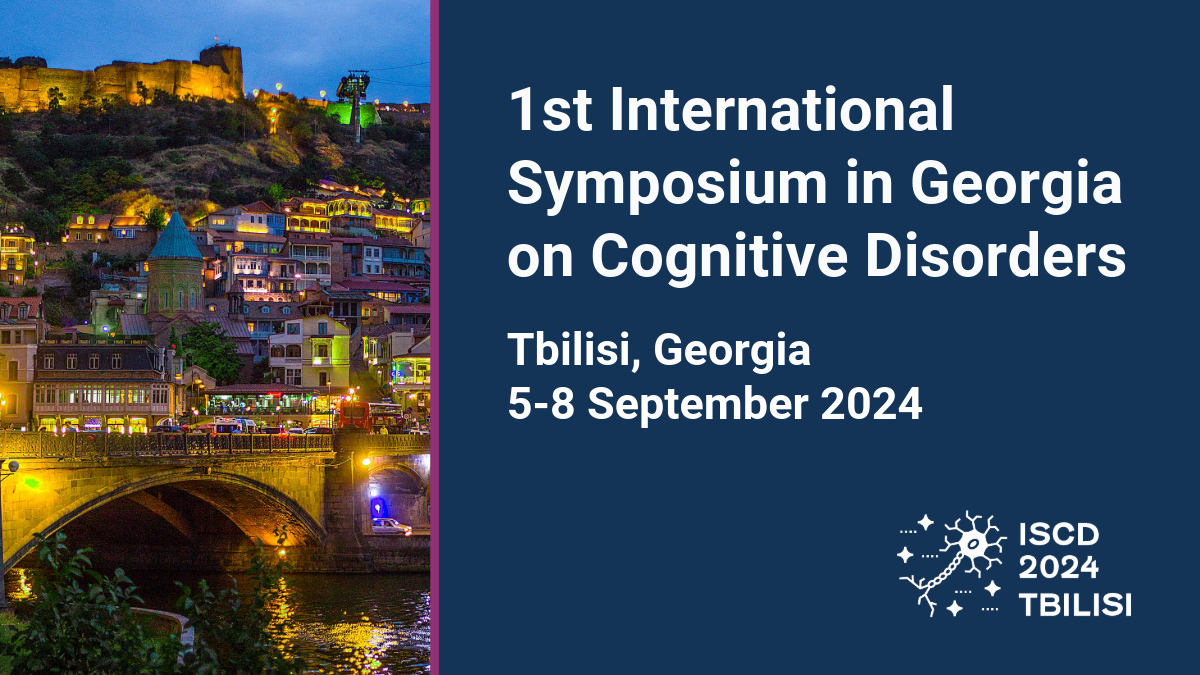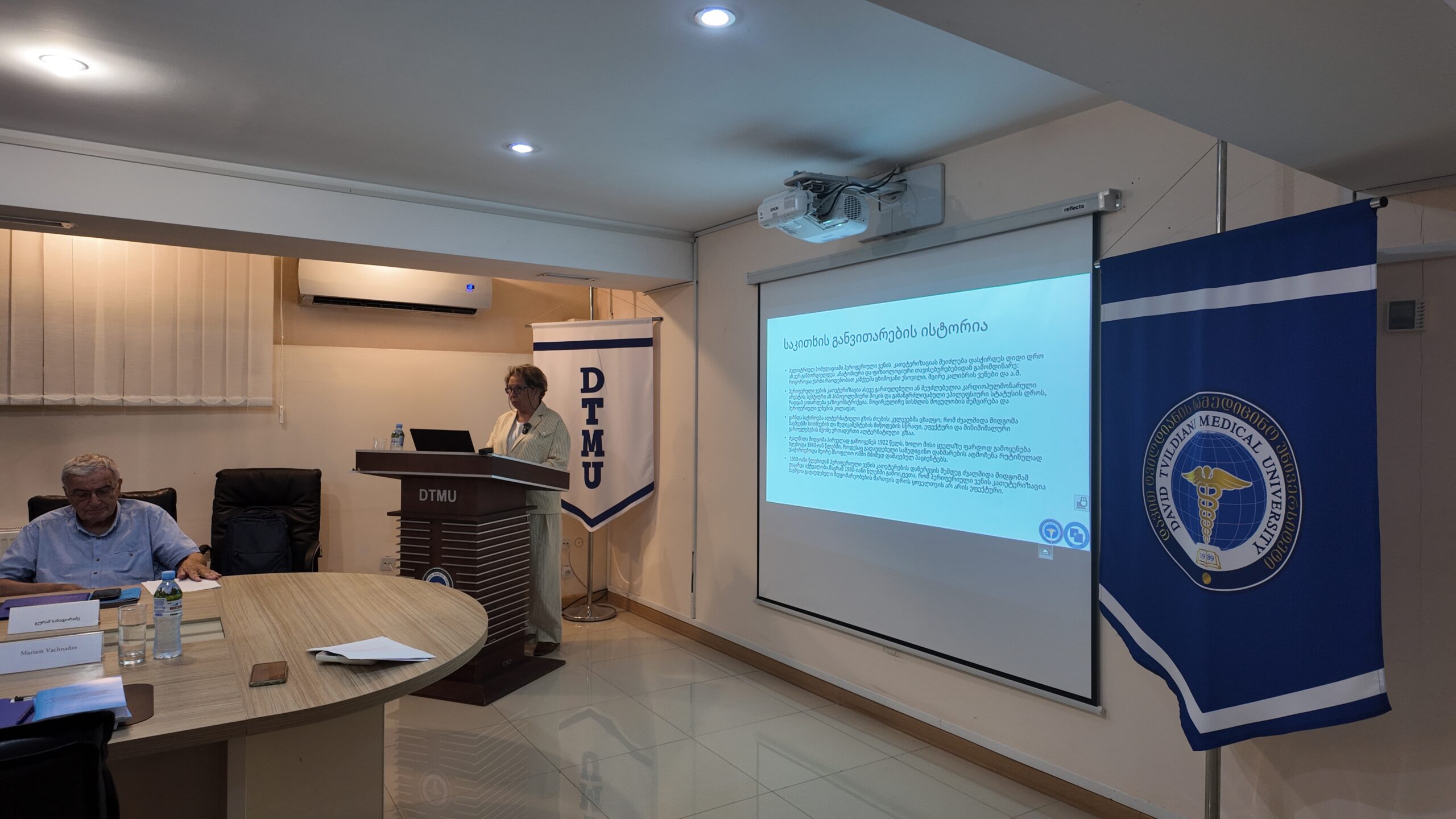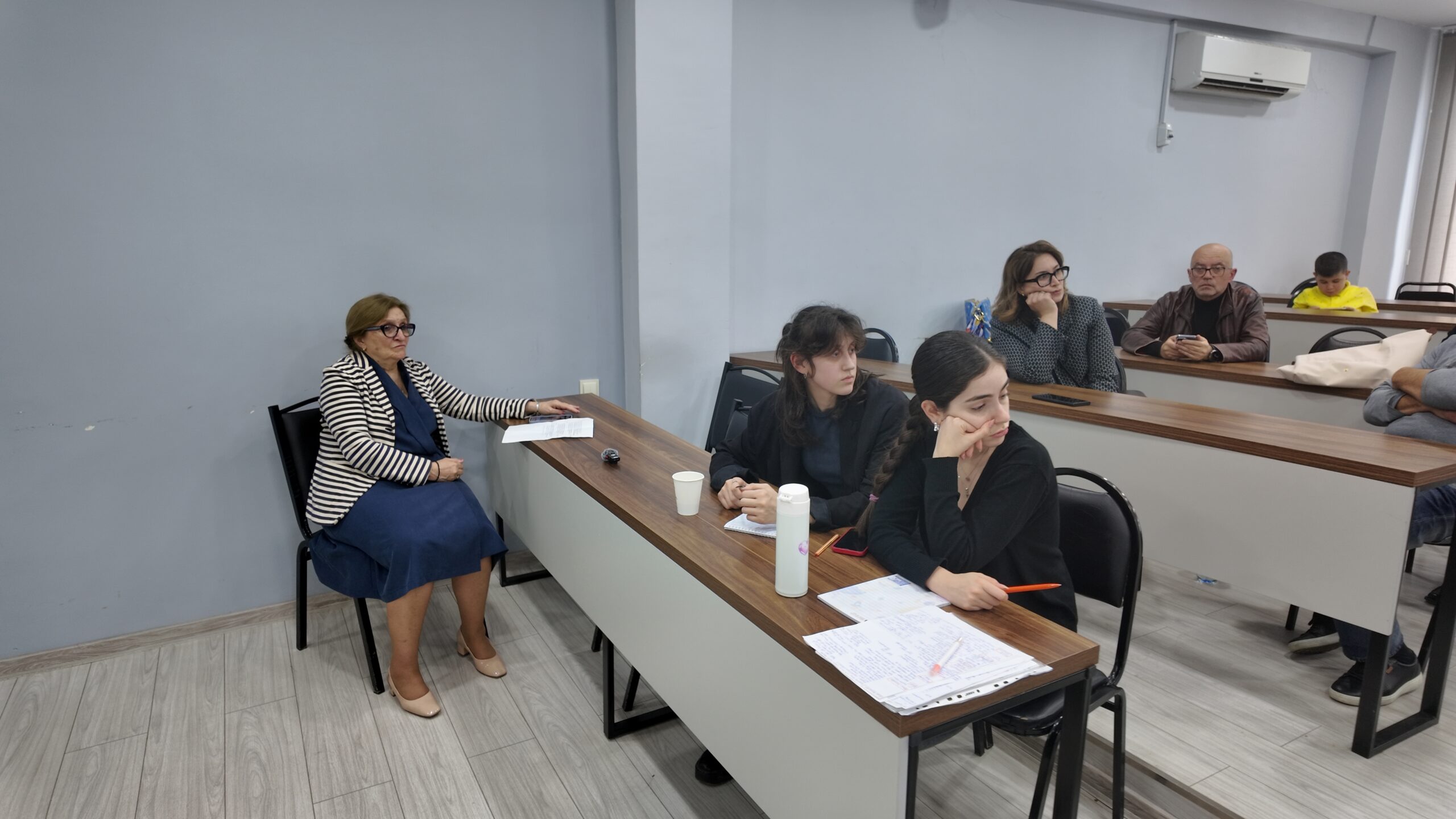On the 28th and 29th of June, an International Multidisciplinary Conference was held at Caucasus …
On behalf of the university, we congratulate our graduates, Nino Gudushauri and Irakli Lemonjava, who …
EUROSTUDENT is a transnational scientific research project aimed at studying the social and economic situation …
According to the university’s tradition, the graduating students take the Hippocratic Oath – which brings …
The First International Symposium on Cognitive Disorders in Georgia “The First International Symposium on Cognitive …
According to the university’s tradition, graduating students take the Hippocratic Oath – which brings together …
We are excited to announce that “The 1st International Symposium in Georgia on Cognitive Disorders” …
The dissertation defense of PhD candidate Nino Kikodze with title ,,Pediatric Emergency Cases Managed with Intraosseous Access: Indications, Complication and Outcomes “ was …
On May 28, 2024, a discussion was held at David Tvildiani Medical University on the …
„Innovative Strategies and Concepts for PhD Education in Biomedicine and Health Sciences” Summarizing Video of …


